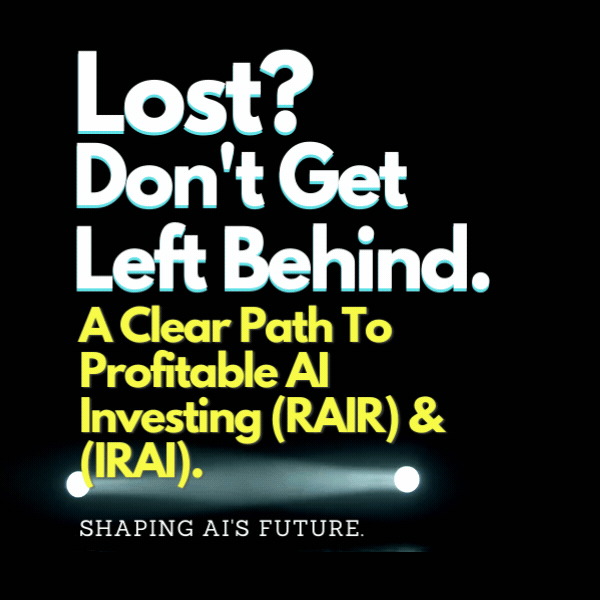Investing In AI. Where To Start? Lost? Don't Get Left Behind.
A Clear Path To Profitable AI Investing (RAIR) & (IRAI).
Welcome to Silicon Sands News, read across all 50 states and 96 countries. We're Silicon Sands Studio and 1Infinity Ventures, and we’re excited to present our latest edition on how responsible investment shapes AI's future, emphasizing the OECD AI Principles. We're not just investing in companies—we're investing in a vision where AI technologies are developed and deployed responsibly and ethically, benefiting all of humanity.
Our mission goes beyond mere profit— we are committed to changing the world through ethical innovation and strategic investments.
We're diving deep into a topic reshaping the landscape of technology and investment: Today, we will explore a topic demonstrating how responsible investment in AI can positively impact the global society—that topic is defining industry metrics for venture capitalists to measure responsible investments in AI based on the OECD AI principles. This is not just about numbers on a spreadsheet; it's about creating a framework that ensures the …
Keep reading with a 7-day free trial
Subscribe to Silicon Sands News to keep reading this post and get 7 days of free access to the full post archives.





